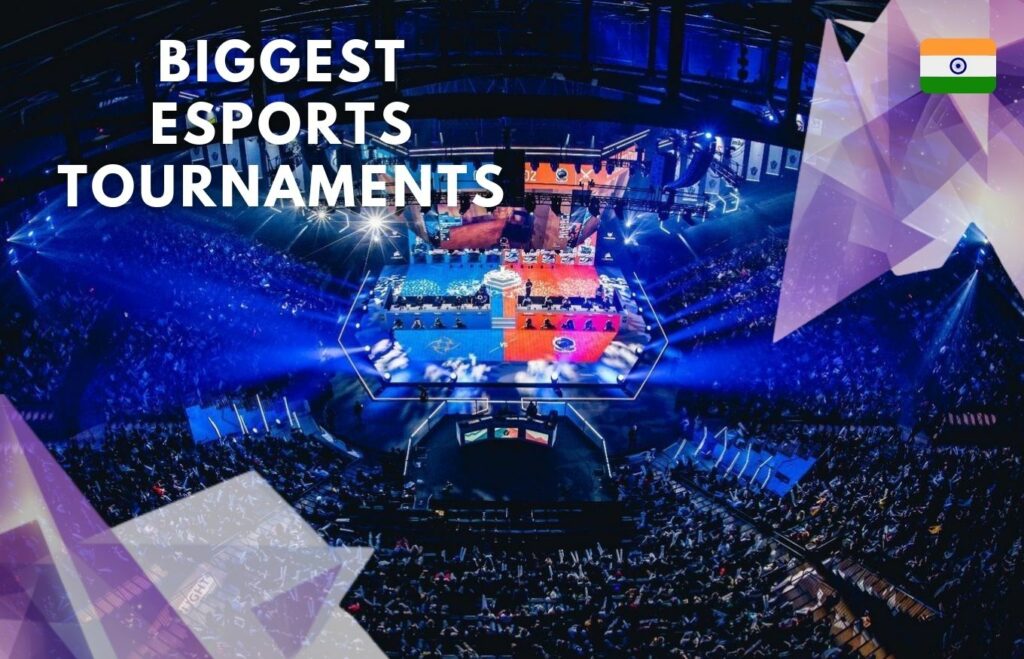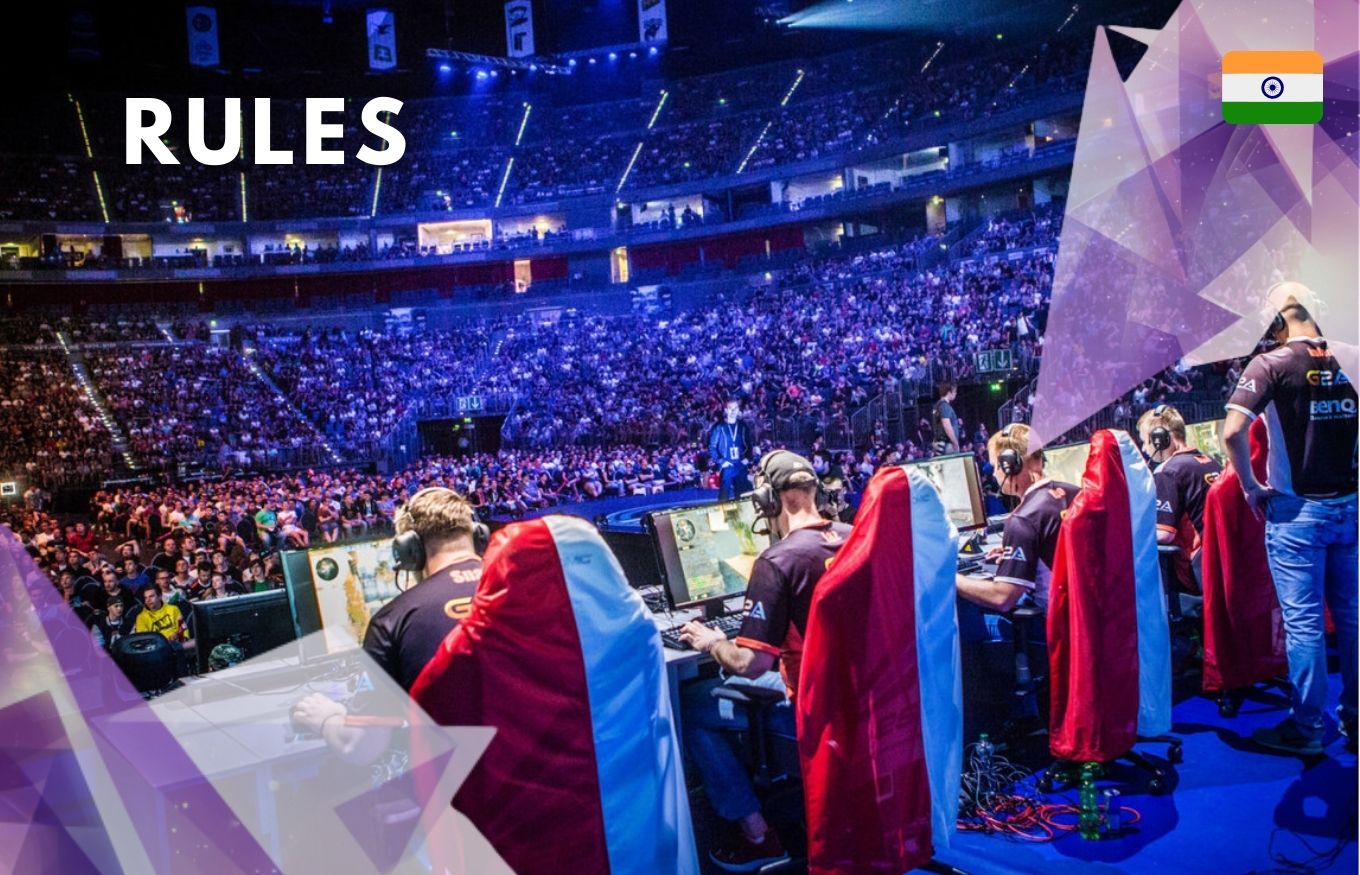What are esports? Esports, short for electronic sports, refers to competitive video gaming where players or teams compete in various games for recognition, prizes, and, sometimes, a professional career. Unlike casual gaming, esports is structured and organized, featuring regular tournaments, leagues, and professional teams.
Who owns esports?
Esports isn’t owned by any single entity. Instead, it’s a collaborative ecosystem involving game developers, tournament organizers, and broadcasting companies. Major gaming publishers like Riot Games, Blizzard Entertainment, and Valve Corporation play significant roles, but the broader esports landscape is supported by multiple stakeholders, including sponsors, media companies, and independent organizers.
What games are played in esports?
A wide range of games are featured in esports, spanning various genres. Popular titles include:
- MOBA (Multiplayer Online Battle Arena): League of Legends, Dota 2
- FPS (First-Person Shooter): Counter-Strike: Global Offensive, Overwatch
- Battle Royale: Fortnite, PUBG
- Strategy: StarCraft II, Age of Empires
- Sports: FIFA, NBA 2K
How to become an esports player?

Becoming an esports player involves several steps:
- Skill Development: Master a specific game and understand its mechanics deeply.
- Practice and Training: Regular practice, studying game strategies, and improving gameplay is crucial.
- Join a Community: Participate in online forums, join local gaming groups, and compete in amateur tournaments.
- Compete in Tournaments: Enter smaller competitions to gain experience and visibility.
- Build a Presence: Establish a presence on social media and streaming platforms to attract attention from teams and sponsors.
How many esports teams are there?
The number of esports teams is vast and constantly growing. Thousands of teams operate globally, from well-known organizations like Team Liquid and Fnatic to smaller, grassroots teams. These teams compete in various games and regions, contributing to the dynamic and expansive nature of the esports world.
Famous esports players
Several esports players have gained fame for their exceptional skills and achievements:
- Faker (Lee Sang-hyeok): A legendary League of Legends player known for his multiple World Championship titles.
- s1mple (Oleksandr Kostyliev): A top Counter-Strike: Global Offensive player recognized for his remarkable shooting skills.
- Ninja (Tyler Blevins): A prominent Fortnite player and streamer who has become a household name.
Biggest esports tournaments

Some of the most prestigious esports tournaments include:
- The International (Dota 2): Known for its massive prize pool and global competition.
- League of Legends World Championship: An annual event featuring top teams from around the world.
- CS
- Major Championships: Major tournaments in Counter-Strike: Global Offensive with significant prize pools.
- Fortnite World Cup: A high-profile tournament with a focus on Fortnite.
Types of esports tournaments
Esports tournaments vary in format:
- Major Tournaments: Large-scale events with international participation, such as The International or the League of Legends World Championship.
- Regional Leagues: Competitions focusing on specific geographic regions, like the LCS (League of Legends Championship Series) or ESL Pro League (CS).
- Online Tournaments: Events held online that can be open or invite-only, providing opportunities for players worldwide.
- Local Tournaments: Smaller, community-driven events that often serve as a stepping stone for emerging players.
What is the future of esports?
The future of esports looks promising and dynamic. As technology advances, we can expect enhanced gaming experiences, including virtual reality and augmented reality integrations.
The esports industry will likely see continued growth in viewership and sponsorship, with more mainstream acceptance and potentially greater integration into traditional sports channels. Additionally, increased opportunities for players and more diverse game genres are anticipated to shape the future landscape of esports.
Esports is a vibrant and evolving field with a rich array of games, teams, and tournaments. As it continues to grow, the rules, formats, and opportunities within the esports ecosystem will evolve, further solidifying its place in the world of competitive entertainment.

